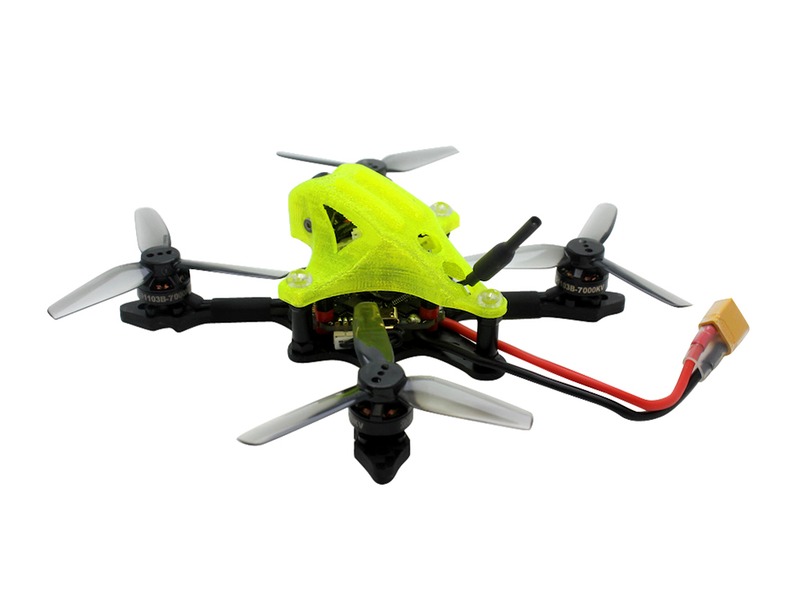Is using a drone a war crime?

The use of drones in warfare has been a highly debated and controversial topic for many years. Drones have been used in various military operations to target enemy combatants, gather intelligence, and perform reconnaissance missions. However, the use of drones has been criticized as a form of “extrajudicial killing” and an infringement of international law. This has led to the question: Is using a drone a war crime?
In order to answer this question, we must first look at the international laws and conventions governing warfare. The Geneva Conventions of 1949, which provide the basis for international humanitarian law, define a war crime as “an act committed during an armed conflict that violates the laws of war.” According to the International Criminal Court, war crimes encompass a wide range of offenses, including “intentionally targeting civilians and civilian objects, using weapons or methods of warfare that are prohibited by international law, and failing to take necessary precautions to protect civilians and civilian objects.”
In the context of drones, the use of such weapons can be considered a war crime if it is used in violation of international humanitarian law. For example, if a drone is used to intentionally target civilian objects or non-combatants, such as hospitals, schools, or other civilian-populated areas, this would be considered a war crime. Additionally, if a drone is used to target a military objective that is in close proximity to a civilian population, and the attack is likely to cause disproportionate civilian casualties, this could also be considered a war crime.
Furthermore, the use of drones can be considered a war crime if it is used in violation of the principle of proportionality. This principle states that the military advantage gained by an attack must be proportionate to the civilian casualties and damage caused by the attack. If a drone is used to attack a military objective, but the resulting civilian casualties or damage to civilian property is disproportionate to the military advantage gained, this could be considered a war crime.
Finally, the use of drones can also be considered a war crime if it is used to commit acts of torture or cruel or inhuman treatment. The use of drones to conduct targeted killings or other forms of extrajudicial executions is prohibited under international law, and any such acts could be considered a war crime.
In conclusion, the use of drones in warfare can be considered a war crime if it is used in violation of international humanitarian law. This includes intentionally targeting civilians or civilian objects, using weapons or methods of warfare that are prohibited by international law, and failing to take necessary precautions to protect civilians and civilian objects. Additionally, the principle of proportionality must be respected, and any acts of torture or cruel or inhuman treatment must be avoided.
Comments / Question
2. It is important to consider the potential for civilian casualties when using drones in warfare, as they lack the ability to distinguish between combatants and non-combatants.
3. The use of drones in warfare raises questions about the morality of using robotic platforms to take human lives.
4. It is also important to consider the potential for drones to be used as a form of extrajudicial execution, as they are capable of launching strikes without any form of due process or oversight.
5. The use of drones in warfare raises questions about the safety and security of the technology, as they could potentially be hacked or otherwise compromised by hostile forces.
6. The use of drones in warfare also has implications for international law and the laws of armed conflict, as their use could potentially violate these principles.

